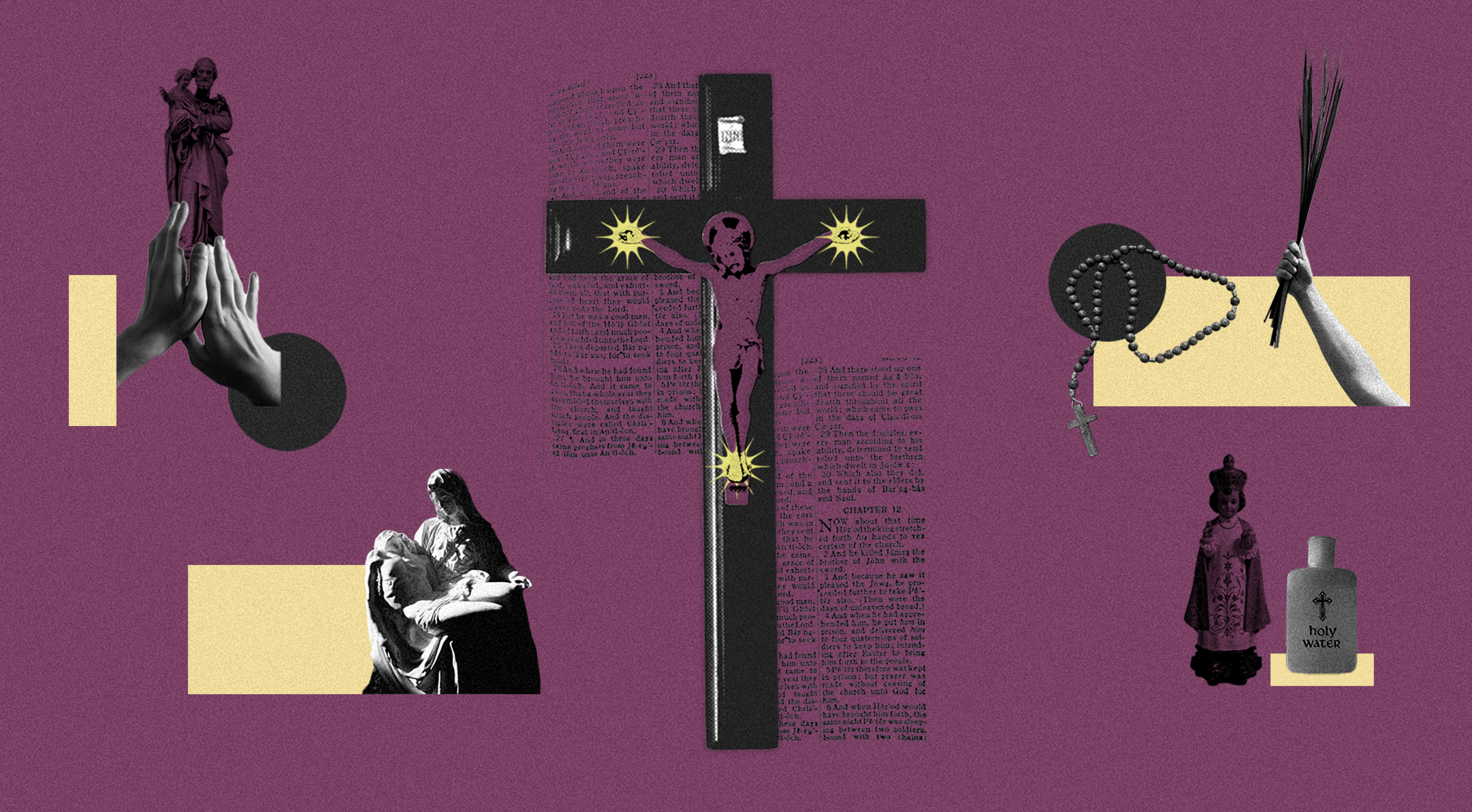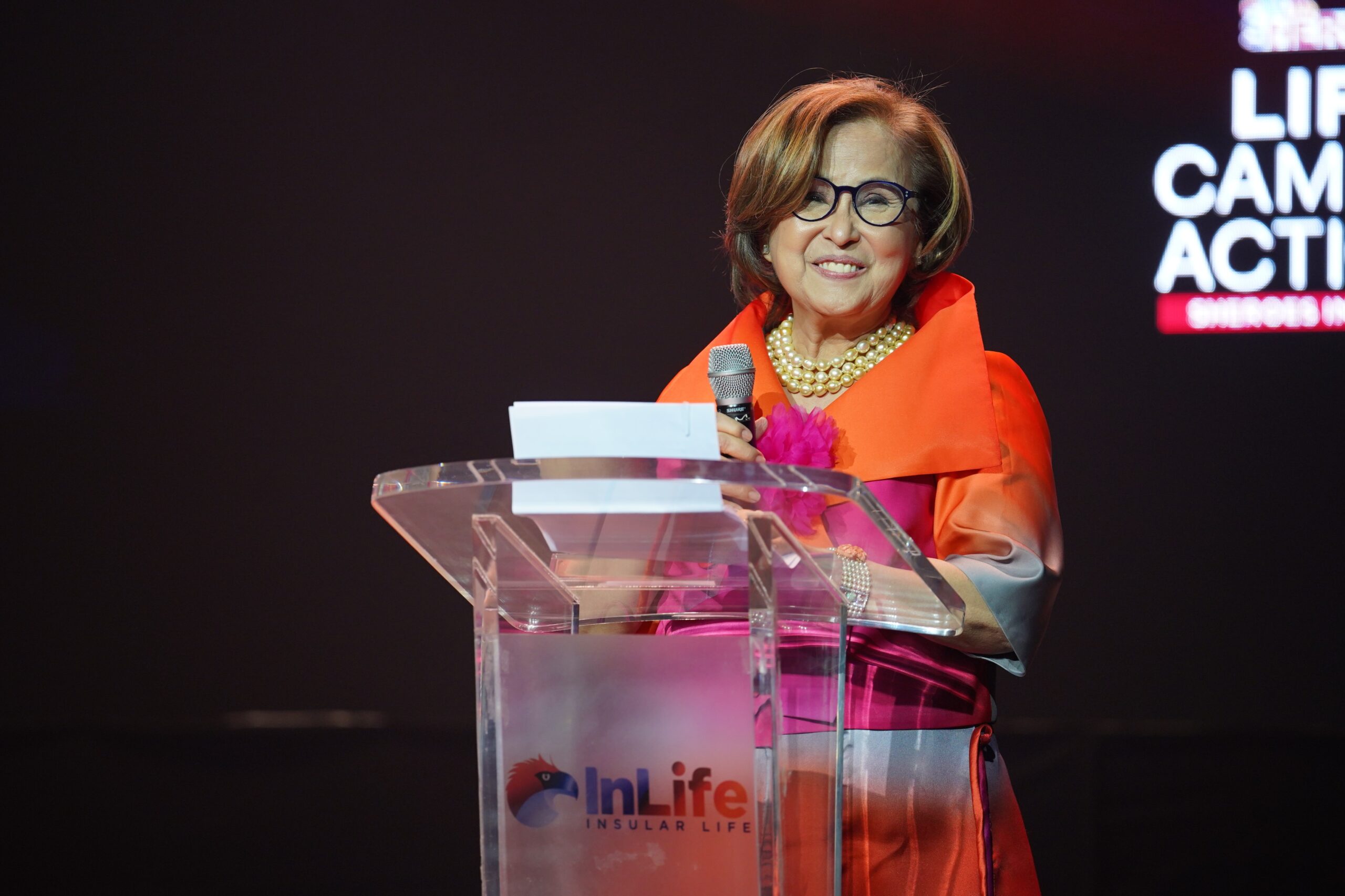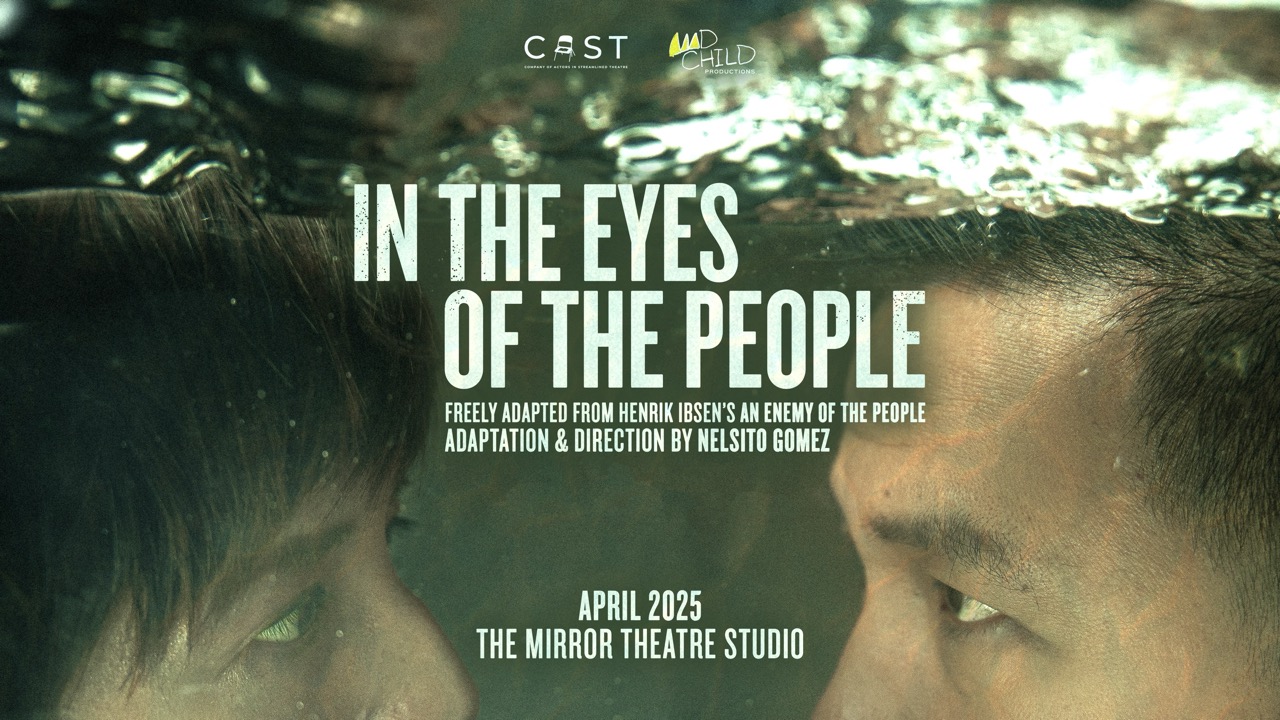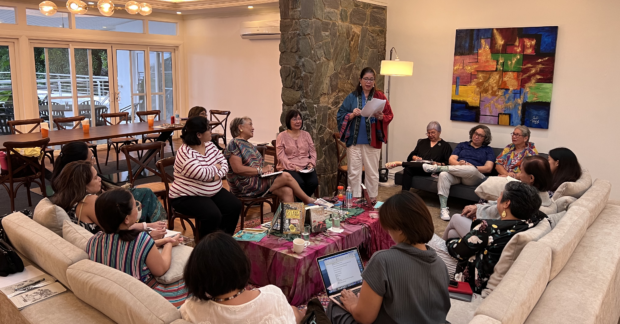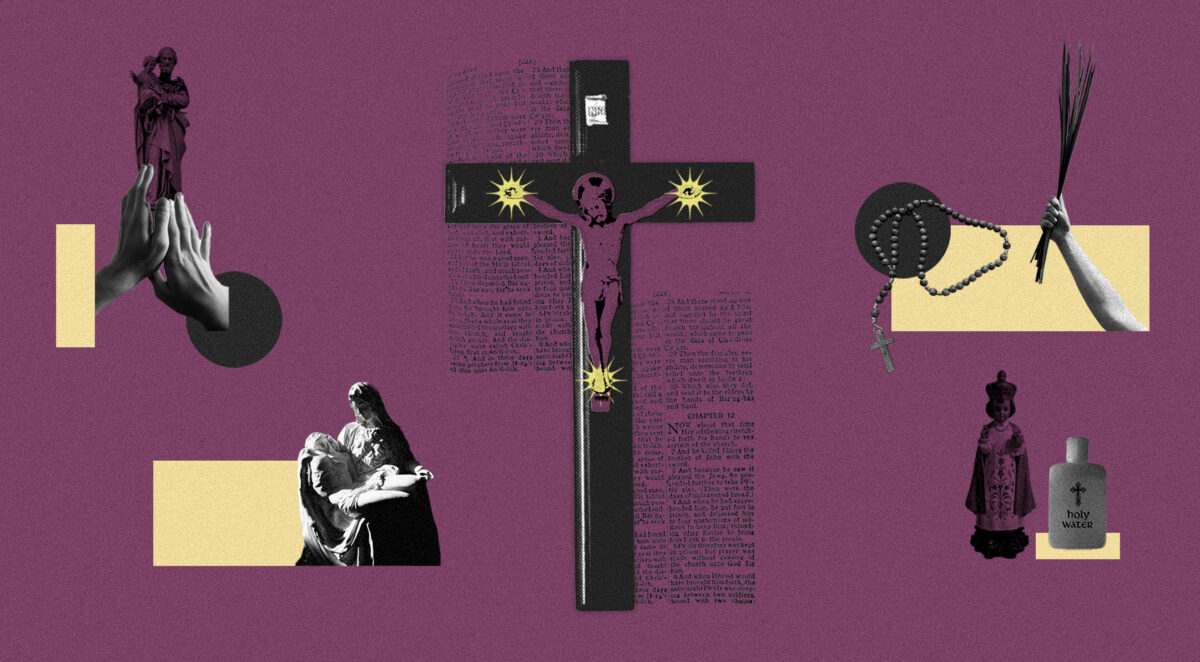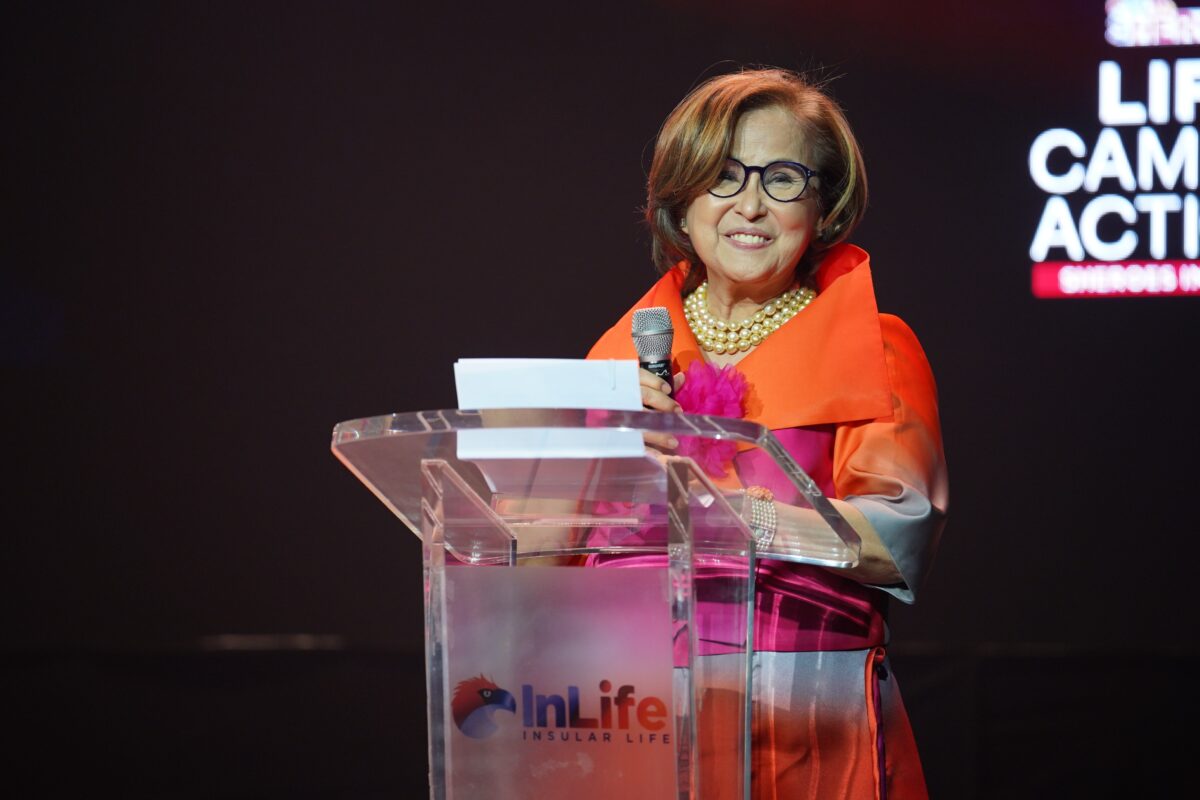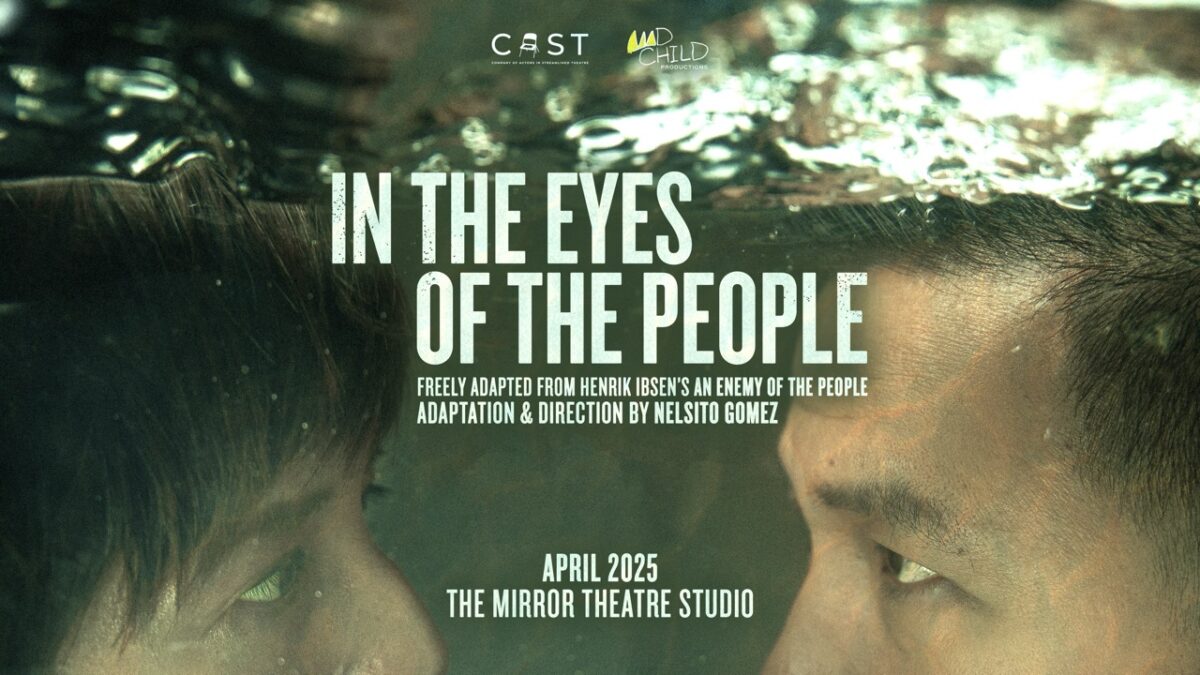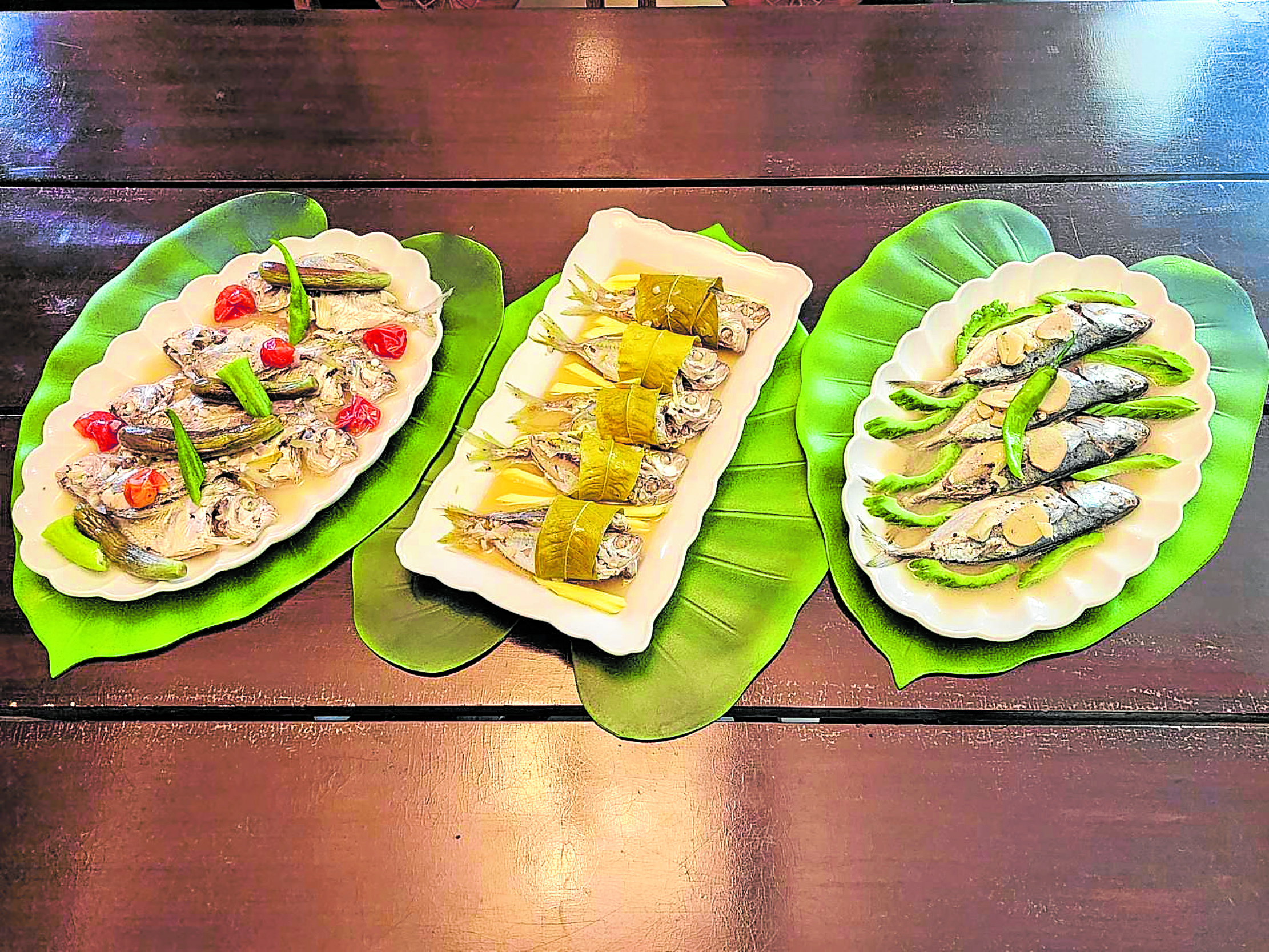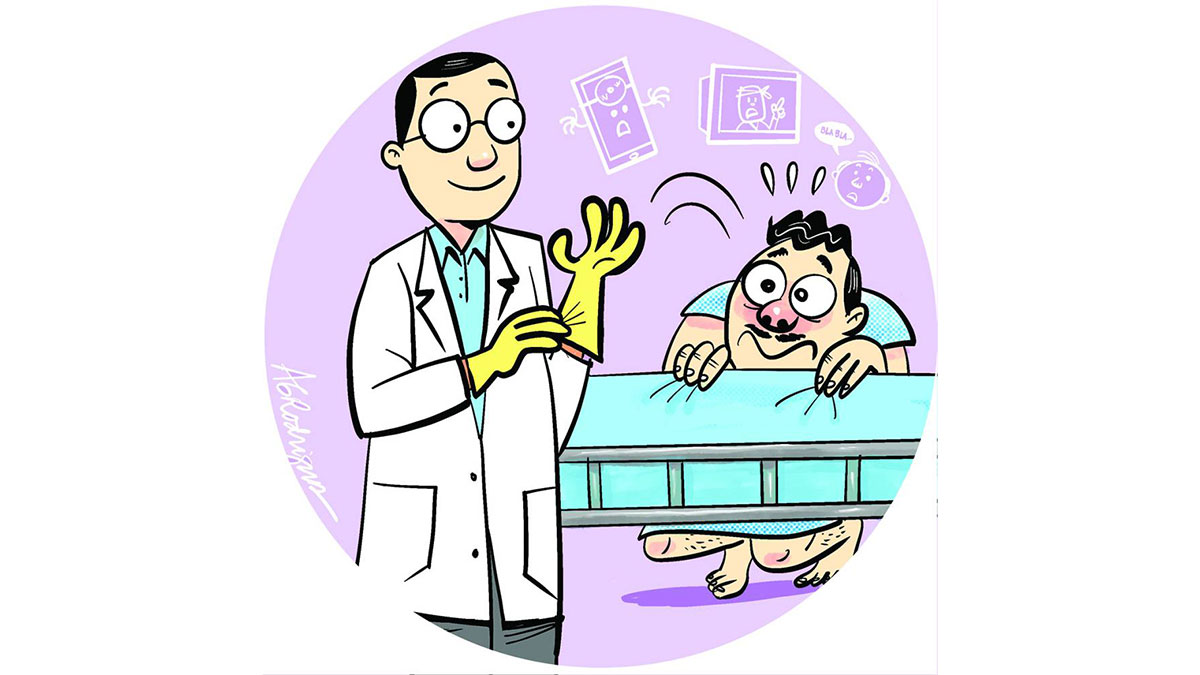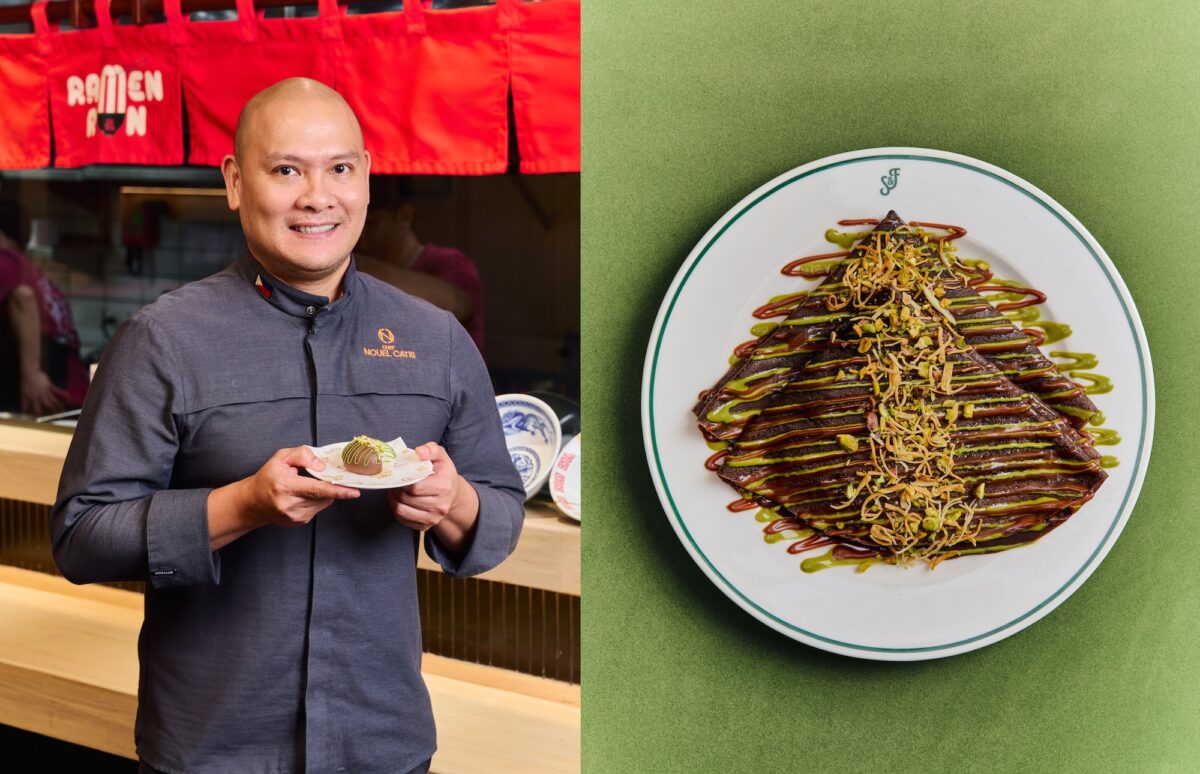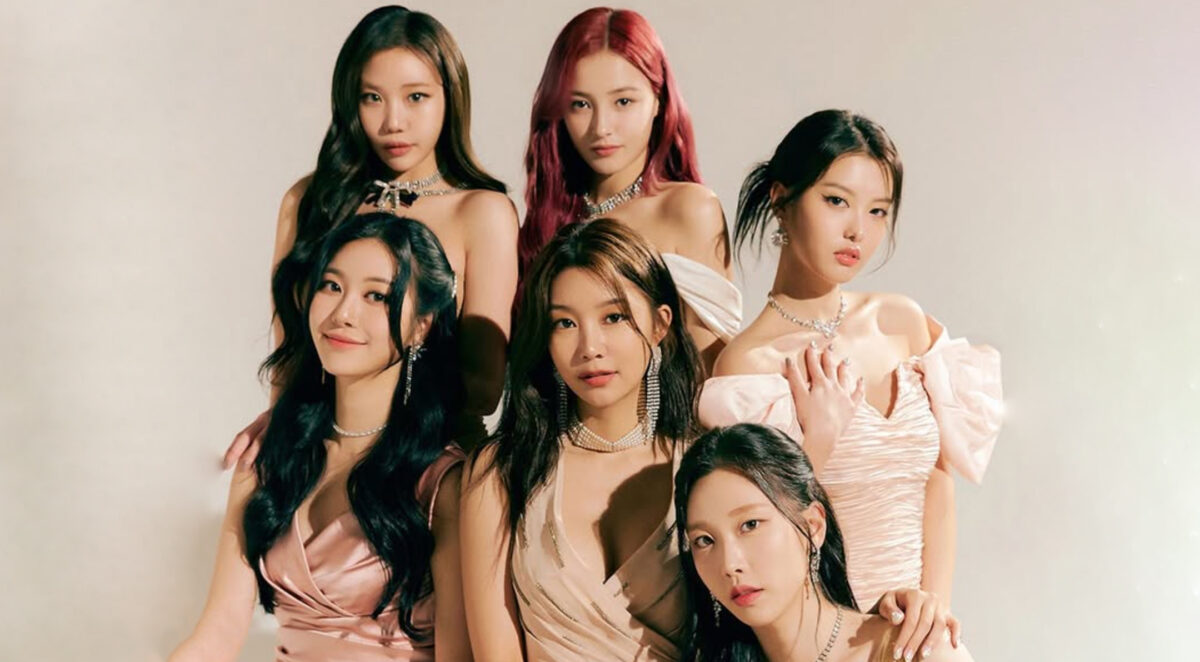From time to time, my medical colleagues and I would mull the future of universal health care (UHC) which President Duterte recently signed into law. At the turn of the century, many were talking about it already, but we thought it could not be achieved in our lifetime.
Although there’s already a law to assure its implementation, it remains a utopian dream for us. We might be expecting too much too soon. But the once nebulous image of UHC is now taking distinct shape. It was something that was just aspirational 10 or 15 years ago. But now, it appears to be within reach.
Inclusive governance
A well-implemented UHC is indeed the ultimate in the inclusive orientation of governance, the clear indicator of how well-governed nations are managed. It is not so much for the haves, as for the have-nots or the so-called sectors at the laylayan of society, as Vice President Leni Robredo describes the marginalized in our midst.
To the average Filipino whose primary problem is to have basic necessities, it’s a big relief not having to worry about the cost of diagnostic services to have one’s medical problem diagnosed, or to at least ensure that one remains well, not having to worry about professional fees for consultation or much more so for operations.
It is hoped that UHC can include provision on essential medicines for prevalent medical conditions such as diabetes, heart diseases, chronic lung problems and serious debilitating conditions including cancer and end-stage kidney disease.
Attainable as UHC may seem now, there is still a gap that has to be filled. The available funds are not enough to sustain what must be done and to get UHC’s engines really running.
Budgetary gap
Even for this year alone, there is still a budgetary gap. A big question mark hangs on the heads of our health officials, legislators and advocates where the additional funding will come from. It hinges on the increase of the excise taxes our legislators will agree to levy on tobacco and alcohol products.
For the first year alone, around P257 billion is needed to implement the necessary health reforms and other provisions of UHC. According to Health Secretary Francisco Duque III, there is still a funding gap of P164 billion.
The Department of Health has proposed to increase excise tax on cigarettes to P90 per pack from the current P32.50, which can generate an additional P45 to P47 billion.
Other revenue centers in the government like the Philippine Amusement and Gaming Corporation and the Philippine Charity Sweepstakes Office need to chip in to fill in the budgetary deficit.
Whether the ideal increase in excise taxes will be approved by our legislators remains to be seen after the May elections. We hope and pray that our senators will be properly guided and unswerving in their commitment to do whatever it takes to implement UHC as it should be.
Implementation
It’s a tremendous step that the UHC law has been approved, but we need more advocates in the Senate and Congress who are knowledgeable about the intricacies of its implementation. Even the nuances of its implementation in our rural health facilities will matter a lot, too. An expert overseer is, therefore, necessary.
It’s for this reason that we wish Dr. Willie Ong, popularly known as Doc Willie, will make it in his Senate bid. He has committed to focus on health reforms, and the effective implementation of the UHC law.
His GOAL platform—libreng gamot (free medicines), operasyon (operations), abiso (free consultations) and laboratory tests—is perfectly in line with UHC. With Doc Willie in the Senate, we can have a staunch advocate who can make sure no stone is left unturned to achieve everything the spirit of the UHC law aims to achieve.
We also need to thank Sen. JV Ejercito and Sen. Risa Hontiveros for sponsoring the bill and fighting for its final approval, and Sen. Sonny Angara for his commitment to support the increase in sin taxes that can help subsidize UHC.
Health champions
Not to be forgotten are our dedicated and committed health champions—so many of them, but I’d just like to make special mention of Dr. Tony Leachon and Dr. Tony Dans.
One thing I love about these idealistic health advocates is that when they set their minds on vital health reforms that need to be instituted, they don’t take no for an answer.
Damn the torpedoes, if they need to, but they persist and persevere until decision-makers decide as they should.
We are also heartened by the all-out support of the entire medical community for UHC, in all facets of its implementation.
Recently, the Philippine Academy of Family Physicians, released a statement pledging full support from their end, particularly on primary prevention.
There is no question that a strong base consisting of well-trained primary care physicians is imperative to make sure that our health care front line is secured and well taken care of.
A crucial factor to improve the overall health of the nation is to shift health care from a curative orientation to a preventive approach. The best medical specialists who can be in charge of that are the family physicians. They’re the front liners; some call them the gatekeepers of health care.
Whatever they’re called, there’s no question that their role is crucial in reshaping and reorienting an ideal health care for our country.
After all, age-old wisdom has always taught that it is much better and cheaper to prevent diseases, than to treat them.

